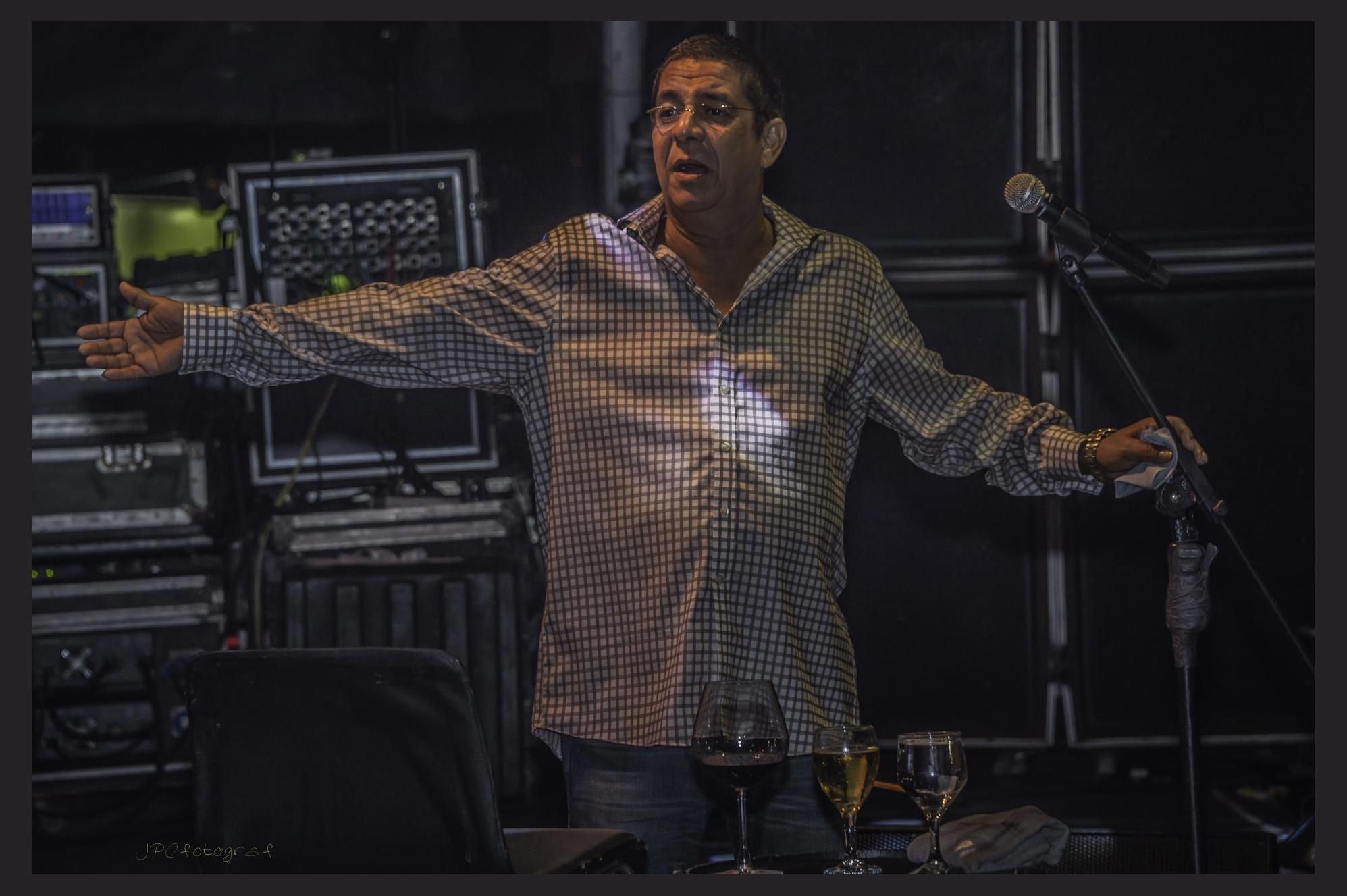 Zeca Pagodinho
Zeca Pagodinho
Zeca Pagodinho: The Samba Icon of Rio de Janeiro
Zeca Pagodinho, a beloved samba icon, has captivated audiences for decades with his infectious melodies, heartfelt lyrics, and unyielding spirit. Born José Carlos Pereira in the humble favelas of Rio de Janeiro, Zeca's journey to musical stardom was marked by challenges and controversies that only served to strengthen his resolve.
Early Life and Musical Beginnings
From a young age, Zeca was drawn to the pulsating rhythms of samba. He honed his skills on the pandeiro (tambourine) and soon became an integral part of local samba circles. Despite being a natural performer, Zeca faced obstacles due to his modest background and lack of formal education.
Breakthrough and Rise to Fame
In the mid-1980s, Zeca's talent caught the attention of renowned samba musicians such as Beth Carvalho and Almir Guineto. He was invited to perform on their albums, which launched his solo career. Zeca's breakthrough hit, "Verdade," became an instant classic and cemented his status as one of the most popular samba artists in Brazil.
Challenges and Controversies
Zeca's success was not without its controversies. His outspoken nature and unapologetic defense of favela culture often drew criticism from the Brazilian elite. Additionally, his struggles with addiction and his divorce from his first wife became public knowledge, leading to intense media scrutiny.
Discography and Collaborations
Despite these challenges, Zeca Pagodinho has released a prolific discography of over 30 albums, spanning genres such as samba, pagode, and MPB. He has collaborated with countless other Brazilian musicians, including Caetano Veloso, Gilberto Gil, and Maria Bethânia.
Members and Live Performances
Zeca's live performances are legendary, known for their infectious energy and audience participation. He is often accompanied by a talented ensemble of musicians, including his longtime guitarist, Serginho do Porto, and his backing vocalists, the "Pagodeiros do Zeca."
Legacy and Impact
Zeca Pagodinho's impact on Brazilian music is undeniable. He has been credited with popularizing samba and pagode beyond Rio's borders, introducing these vibrant rhythms to a global audience. His songs have become anthems for the marginalized and have inspired countless young musicians to embrace their roots.
Awards and Recognition
Zeca's contributions to Brazilian culture have been widely recognized. He has received numerous awards and honors, including the coveted Latin Grammy for Best Samba/Pagode Album. In 2017, he was awarded the Medalha Pedro Ernesto by the Rio de Janeiro City Council, the city's highest honor.
Zeca Pagodinho, a beloved samba icon, has captivated audiences for decades with his infectious melodies, heartfelt lyrics, and unyielding spirit. Born José Carlos Pereira in the humble favelas of Rio de Janeiro, Zeca's journey to musical stardom was marked by challenges and controversies that only served to strengthen his resolve.
Early Life and Musical Beginnings
From a young age, Zeca was drawn to the pulsating rhythms of samba. He honed his skills on the pandeiro (tambourine) and soon became an integral part of local samba circles. Despite being a natural performer, Zeca faced obstacles due to his modest background and lack of formal education.
Breakthrough and Rise to Fame
In the mid-1980s, Zeca's talent caught the attention of renowned samba musicians such as Beth Carvalho and Almir Guineto. He was invited to perform on their albums, which launched his solo career. Zeca's breakthrough hit, "Verdade," became an instant classic and cemented his status as one of the most popular samba artists in Brazil.
Challenges and Controversies
Zeca's success was not without its controversies. His outspoken nature and unapologetic defense of favela culture often drew criticism from the Brazilian elite. Additionally, his struggles with addiction and his divorce from his first wife became public knowledge, leading to intense media scrutiny.
Discography and Collaborations
Despite these challenges, Zeca Pagodinho has released a prolific discography of over 30 albums, spanning genres such as samba, pagode, and MPB. He has collaborated with countless other Brazilian musicians, including Caetano Veloso, Gilberto Gil, and Maria Bethânia.
Members and Live Performances
Zeca's live performances are legendary, known for their infectious energy and audience participation. He is often accompanied by a talented ensemble of musicians, including his longtime guitarist, Serginho do Porto, and his backing vocalists, the "Pagodeiros do Zeca."
Legacy and Impact
Zeca Pagodinho's impact on Brazilian music is undeniable. He has been credited with popularizing samba and pagode beyond Rio's borders, introducing these vibrant rhythms to a global audience. His songs have become anthems for the marginalized and have inspired countless young musicians to embrace their roots.
Awards and Recognition
Zeca's contributions to Brazilian culture have been widely recognized. He has received numerous awards and honors, including the coveted Latin Grammy for Best Samba/Pagode Album. In 2017, he was awarded the Medalha Pedro Ernesto by the Rio de Janeiro City Council, the city's highest honor.